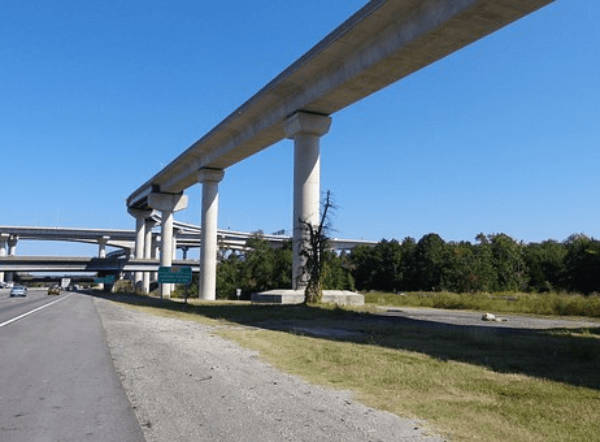
Courtesy of Pixabay
Making driving a little safe in Northeast Texas is the goal of the Texas Department of Transportation.
Here is the department’s Press Release:
Head-on accidents caused by vehicles crossing the median on divided highway systems can be some of the deadliest. A new safety cable system being installed in the median between opposing lanes of traffic hopes to drastically reduce the likelihood of these type accidents.
The new cable system will be installed along six sections of US 59 in Bowie, Cass, Marion, Harrison and Panola Counties over the next few months according to plans approved in November by the Texas Department of Transportation (TxDOT).
Sections of US 59 scheduled to receive the cable barriers are:
- In Bowie County from the Arkansas State Line to 1.5 miles north of Interstate 30.
- In Cass County from 1.5 miles south of State Highway 155 to the Marion County Line.
- In Marion County from Cass County Line to 2.0 miles north of State Highway 49.
- In Harrison County from 1.0 mile south of FM 1997 to FM 1793.
- In Harrison County from FM 1186 to the Panola County Line.
- In Panola County from the Harrison County Line to Loop 149.
“The safety cable system has three to four strands of ¾-inch high tension cable that are supported by metal posts. The cables are suspended up to 30 inches above the ground and are intended to catch vehicles in the median before they get into oncoming traffic,” said Wendy Starkes, area engineer for TxDOT in Marshall. “Although no system can prevent all crossover accidents, this new cable system looks very promising in preventing most and has been tested to hold back even a semi-truck when hit at a glancing blow.”
The system has several advantages over the more common concrete median barrier. The primary advantage is cost—concrete barriers can cost more than twice as much, so funding for this type project can go more than twice as far in erecting safety barriers. The cable system also has more give, slowing the vehicle down more gradually and is less likely to cause vehicles to ricochet back into traffic.
As far as maintenance, the cables rarely ever break during crashes and the posts are easily replaced to quickly repair the system, Starkes said.
H.V. Caver Inc. of Atlanta, was awarded the contract for the project with a low bid of $4.4 million.
Work on the project is expected to begin in February 2021 and take about 18 months to complete, Starkes said.





